Welcome to Koolark, Centre for Aboriginal Students at North Metropolitan TAFE.
Wundju Koolark
Welcome home
We are situated on the land of the Whadjuk Noongar people, the Noongar people remain the traditional peoples and cultural custodians of their land.
Koolark means "Home" in the Noongar language. At Koolark we provide support for all Aboriginal and Torres Strait Islander students.
Welcome to country
Koolark recognises Australian Aboriginal and Torres Strait Islander Peoples unique cultural and spiritual relationships to the land, waters and seas and their rich contribution to society. We acknowledge the Noongar people, the traditional custodians of the lands on which our campuses are located and pay our respects to ancestors and Elders past and present.
Student support
Koolark - Northbridge
Located at 30 Aberdeen Street, Koolark is a meeting place for all Aboriginal and Torres Strait Islander students.
Our support officers assist with information in a range of areas to do with your studies including:
- Course enquiries
- Facilities
- Fees payments and installment plans
- Referrals to external support agencies
- Pathway opportunities.
Other services include:
- Mentoring
- Advice on courses and scholarships
- Community information and orientation sessions
- Study facilities and study groups
- Access to indigenous specific educational programs
- Opportunities for non-indigenous students to enhance their professional knowledge and cultural competence.
We provide access to computers, internet, kitchen facilities, workshop facilities, whiteboard, data projector, student lounge and student mentors.
Aboriginal Student Mentor at Koolark
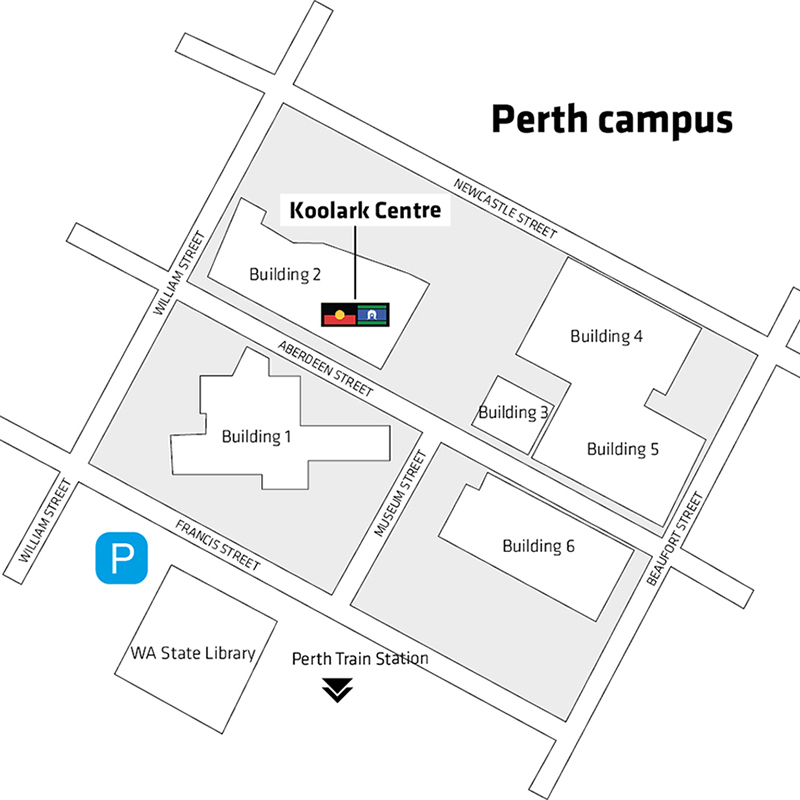
Yellagonga - Joondalup
Join us at 35 Kendrew Cr, Joondalup and we’ll sit down over a cuppa and find out where you’re at, where you’re from, what you are looking to do, and then work out the best way for you to get there.
You need to make sure that TAFE is the right place for you and that you choose a course that's right for you.
Call us to have a chat. We look forward to meeting you.
Yellagonga is equipped with:
- Wireless internet
- Whiteboard,
- Tea and coffee making facilities
- Television and DVD player
- Tables and chairs for group or individual work activities.
Aboriginal Student Mentor at Koolark
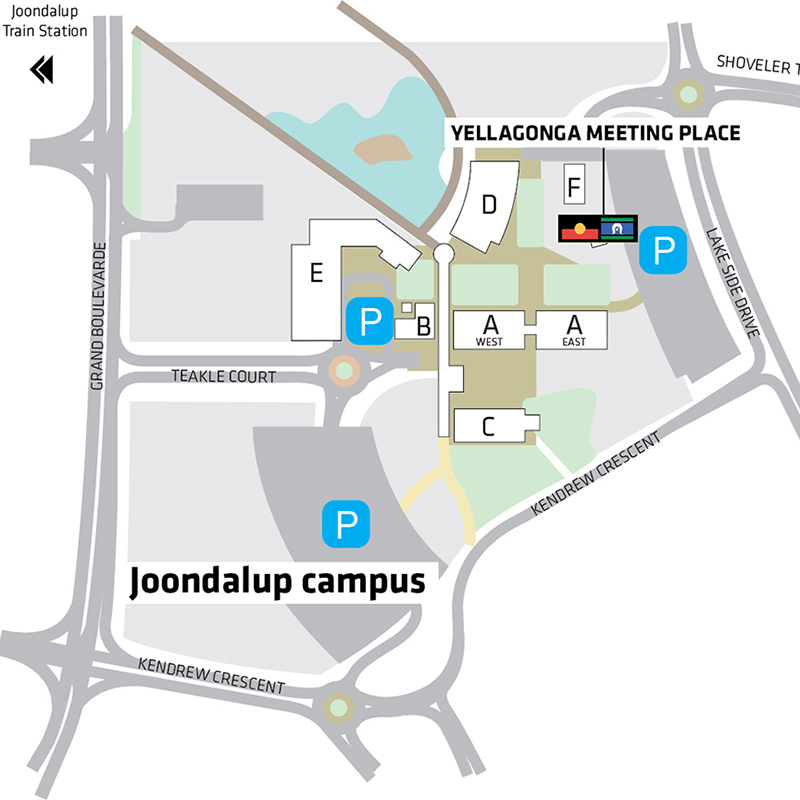
As an Aboriginal person or Torres Strait Islander looking to get into training, find employment or further your career you'll find there's plenty of culturally sensitive services to help you get on the right track.
Jobs and Skills Centre
Your local Jobs and Skills Centre has experience helping jobseekers in Western Australia choose a training course or find their career path and employment.
You can visit your local Jobs and Skills Centre for free advice and information on training and employment.
The Centre can advise you regarding:
- Career information and guidance
- Training and course information
- Help with job searching and job matching
- Skills and qualification recognition information
- Apprenticeship and traineeship assistance
- Culturally sensitive employment and career service.
North Metropolitan TAFE has a Jobs and Skills Centre at the Balga campus, Joondalup (Kendrew Cres) campus, Midland campus and Perth campus.
Deadly Jobs Board
Aboriginal job seekers can also search the Deadly Jobs Board to find employment opportunities.
If you're an Aboriginal community or organisation, North Metropolitan TAFE can provide specialised training and services that can be shaped and personalised to suit your every need.
See the Specialised training and courses below that we can support you into.
Koolark mentors are available to meet with you at your campus.
How we can help you:
- Cultural support
- Mentoring
- Course enquiries and training pathways
- Advocacy for Aboriginal and Torres Strait Islander students
- Provides support with staff/lecturers and students
- Referral to external and internal support services.
W 13YARN
T 13 92 76 to yarn about your needs, worries or concerns without judgment.
13 Yarn is a 24/7 nationally available crisis hotline, run by Aboriginal and Torres Strait Islander people with the support of Lifeline.
They provide a confidential and culturally safe space and will work with you to explore options for ongoing support.
W Brother To Brother | Dardi Munwurro
T 1800 435 799
Brother to Brother is a crisis line that provides phone support for Aboriginal men who need someone to talk to about relationship issues, family violence, parenting, drug and alcohol issues or who are struggling to cope for other reasons.
The 24-hour crisis line is staffed by Aboriginal men, including Elders, who have a lived experience in the issues that the line offers support for.
W Postvention Support | Thirrili
T 1800 805 801
After Suicide Support provides support to individuals, families, and communities affected by suicide or other significant trauma.
A Postvention Advocate can be contacted 24/7. The telephone service is usually answered by one of our Indigenous Suicide Postvention Advocates. If for some reason the call is diverted to message bank, callers are asked to leave a message with their best contact number and the Indigenous Suicide Postvention Advocate will call them back as soon as possible.
WellMob brings together online resources made by and for our mob. Here you will find websites, apps, podcasts, videos, helplines, social media, and online programs all with a focus on social and emotional wellbeing.
Specialised training and courses
If you're an Aboriginal community or organisation, North Metropolitan TAFE can provide specialised training and services that can be shaped and personalised to suit your every need.
We also offer some of our more popular courses and qualifications including, building and construction, cultural tourism, education and community services, and health to name but a few.
Our Certificate IV in School Based Education Support (AIEO) program has been designed so you can gain a qualification based on a culturally safe approach.
You will be taught by lecturers who have experience and knowledge of Aboriginal culture and learning styles.
Support is also available through Koolark.
Course outline There are 17 units that have theory and a work placement assessment.
Duration 4 semesters (2 years part-time)
Next course starts February 2024
Course requirements Currently employed in a school environment. If you are working as an AIEO in a school, your work days will count towards work placement.
For more information, please contact us.
We are offering early childhood training to Aboriginal and Torres Strait Islander students, visit First Nations Traineeship Program(opens in a new tab (opens in a new tab) for more information.
North Metropolitan TAFE, sponsored by renowned Civil and Structural Design Engineering firm BG&E, is offering a new skill set to help you on your way to a career in engineering drafting, talk to us about our First Steps in Engineering Drafting skill set.

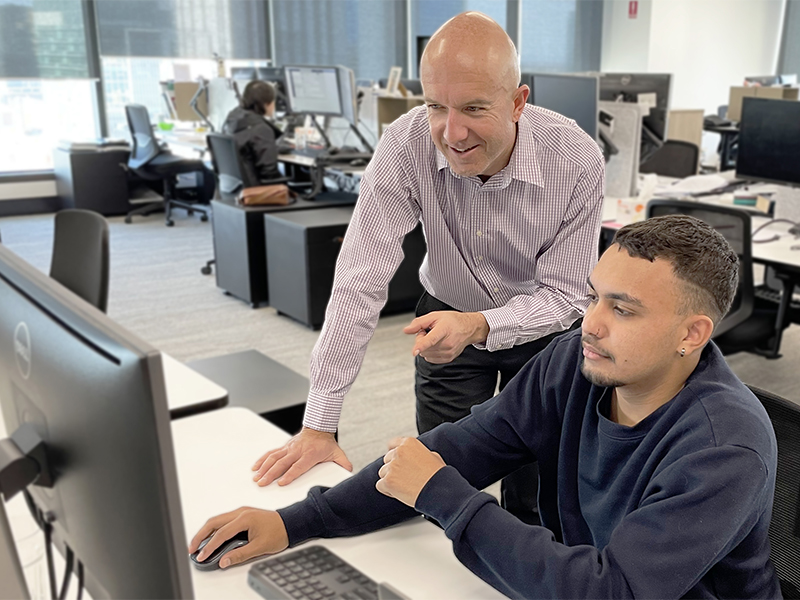
If you are passionate about a career in nursing, go for it!
North Metropolitan TAFE has partnered with Edith Cowan University (ECU) to provide Aboriginal and Torres Strait Islander students with a pathway into a career in nursing.
Start your journey by studying our HLT33115 Certificate III in Health Services Assistance (Assisting in Nursing Work in Acute Care) and after completing that you gain entry into HLT54115 Diploma of Nursing. If you already meet the entrance requirements for the Diploma of Nursing, you can begin your journey there. NMTAFE’s Diploma of Nursing can then get you into the second year of ECU’s C33 Bachelor of Science (Nursing). Have a look at our Pathway to Nursing flyer (1 MB) (PDF document)for more details.
To register your interest in the Koomba Birdal (Big Spark) Program, which is aimed at providing supported training pathways for indigenous candidates, please contact the Enhanced Aboriginal Engagement Team EAE@nmtafe.wa.edu.au or call 9428 0340.
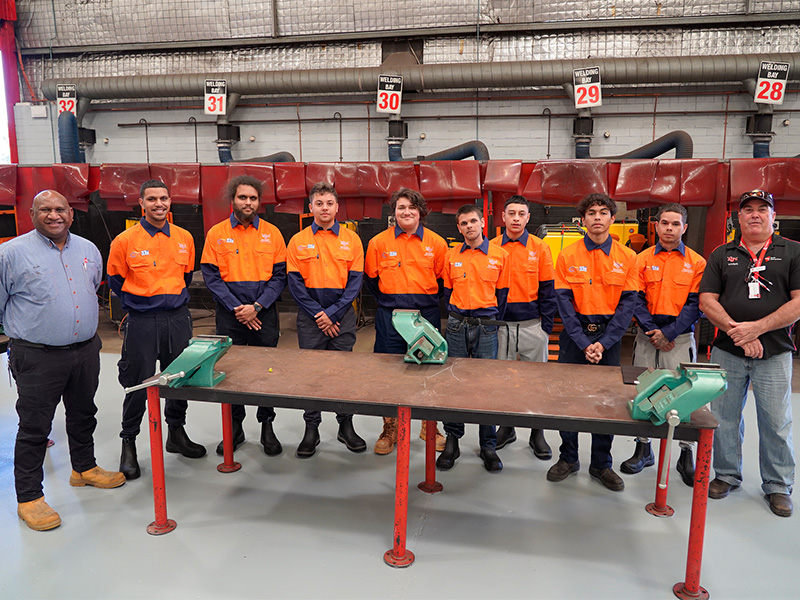
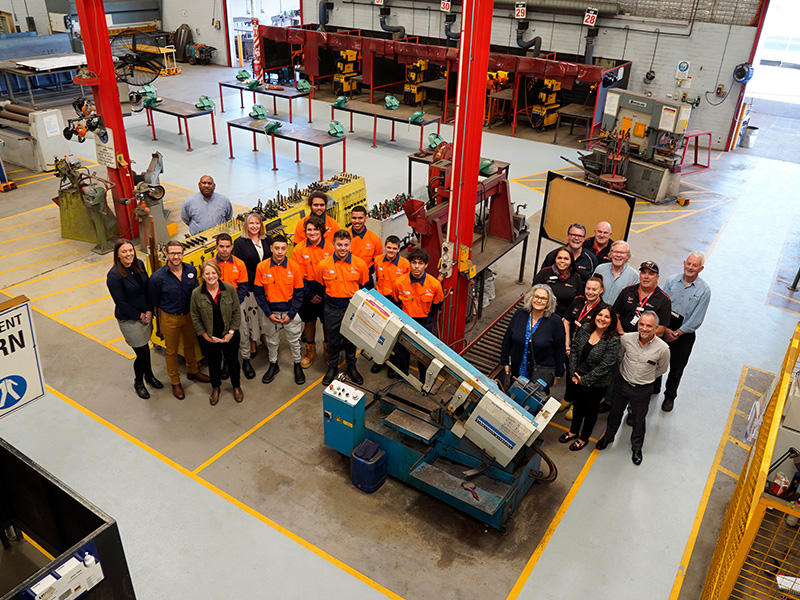
Resources
Protocols are the standards of behaviour that people use to show respect to each other. Every culture has different ways of communicating.
A Welcome to Country ceremony is an acknowledgment and recognition of the rights of Noongar peoples traditional country. It is an acknowledgement of the past and provides a safe passage for visitors and a mark of respect.
The South West Aboriginal Land and Sea Council (SWALSC) provides a comprehensive set of Noongar protocols for Welcome to Country ceremonies on Noongar Land.
Living Culture - Living Land (4 MB) (PDF document) and its people - Noongar protocols
News posts
- Two new cohorts commence Koomba Birdal program (2 May 2023)
-
Bright futures ahead for latest Koomba Birdal graduates (21 September 2023)
Newsletters
Cultural learnings
Here are just a few commonly used Noongar words and phrases. For a more comprehensive list, you may want to see the Noongar Dictionary (756 KB) (PDF document) by Rose Whitehurst.
| English phrase | Noongar translation |
|---|---|
| Welcome. | Wundju. |
| Hello. | Kaya! |
| What’s your name? | Naatj noonan kwerl? |
| My name is ____. | Nganyang kwerl _____. |
| How are you? | Noonook moorditj? |
| I’m well. | Ngany moorditj. |
| We are happy. | Nguny djurapin. |
| Where do you live? | Windji noonook nyininy? |
| I live in Perth. | Ngany Perth-ak nyininy. |
| Family. | Moort. |
| Who is your family? | Ngiyan noonan moort? |
| My family is ______. | Nganyang moort ______. |
| Who is your mother? | Ngiyanaa noonan Ngaangk? |
| My mother is ______. | Nganyang Ngaangk baal ______. |
| How many children do you have? | Ngalan koolangka noonook baranginy? |
| I have three children. | Ngany daambart koolangka barang. |
| What do you like to do? | Naatj djoorabiny noonook warniny? |
| I like to play basketball. | Ngany djoorabiny badjedborl waabiny. |
| Why are you here? | Naadjil noonook nidja? |
This map shows names and regions of Aboriginal Australia (1 MB) (PDF document).
Noongar people are the traditional owners of the south-west of Western Australia and have been for over 45,000 years.
Noongar boodja (country) extends from north of Jurien Bay, inland to the north of Moora and down to the southern coast between Bremer Bay and east of Esperance. It is defined by 14 different areas with varied geography and 14 dialectal groups.
This Noongar groups map is courtesy of the South West Aboriginal Land and Sea Council.
Symbols and icons used in art by the Noongar people of south west of Western Australia include a range of lines or dots which, depending on the region or the stories being told, can have different meanings.
From Nyittiny (beginning of time) Noongar people have used the arts to influence how they see our land, our culture, our history and our people.
Hear from our students
"I believe you should find your own path, seize opportunity and live your own life. Studying Film and Television has allowed me to showcase my work to industry through North Metro TAFE’s connections to Western Australian Film Academy. I have worked on productions to get hands on experience which will prepare me to enter the media industry."
Declan Taylor | Diploma of Screen & Media (Film & Television)
Sandro chose North Metro TAFE for the convenience and networking links that North Metro TAFE has with industry partners, like Clough, that provide opportunities to Aboriginal students studying at North Metro TAFE.
The supportive environment that is offered at North Metro TAFE and the Koolark Aboriginal Student Support Centre has helped Sandro in completing his Diploma.
Sandro enjoyed the practical skills and classes where he got to put what he learnt into practice, and really motivated him to complete the course.
Sandro Pitt | Diploma of Engineering
Noongar seasons
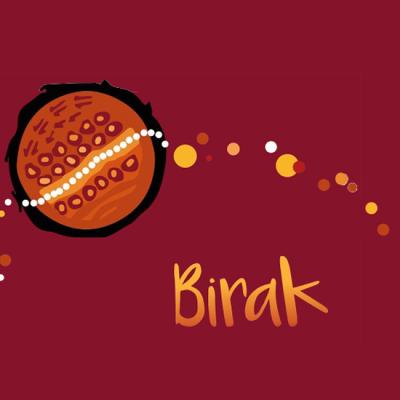
Birak | first summer
December | January
Hot and dry
Season of the young
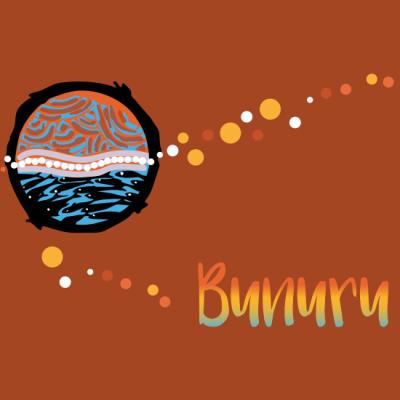
Bunuru | second summer
February | March
Hottest part of the year
Season of adolescence
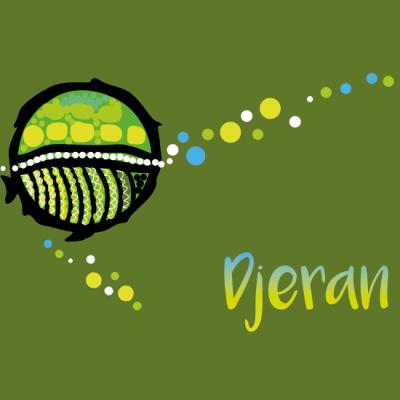
Djeran | autumn
April | May
Cooler weather begins
Season of adulthood
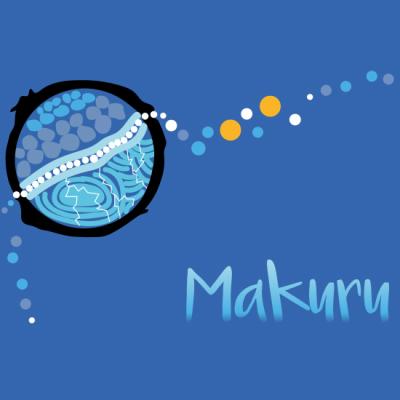
Makuru | winter
June | July
Wettest part of the year
Fertility season
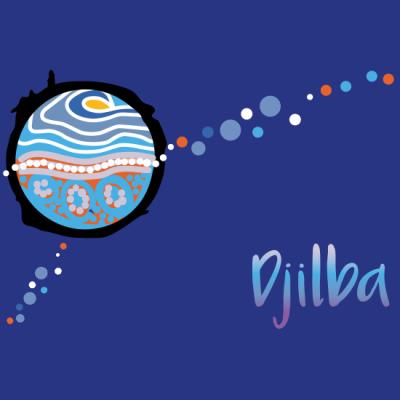
Djilba | first spring
August | September
Coldest part of the year
Season of conception
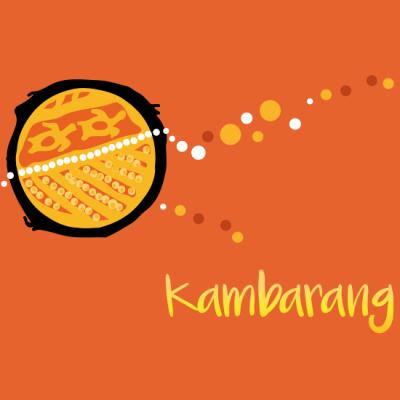
Kambarang | second spring
October | November
Height of the wildflower season.
Season of birth
The artwork for the Seasons signage was created by Nate Stuart, of the Rockingham Jobs and Skills Centre. Features in Nate’s designs relate each centre with the local Noongar language and culture, as well as linking all metropolitan centres together. The designs were developed in consultation with Aboriginal staff in the Department of Training and Workforce Development, Noongar Elder Danny Ford, and Aboriginal consultant Marissa Verma. Mr Ford and Ms Verma have also approved the final designs and their appropriate allocation to each of the six metropolitan centres.
Reconciliation Action Plan
North Metropolitan TAFE’s Reconciliation Action Plan (RAP) enhances our existing Aboriginal and Torres Strait Islander Employment Strategy and annual Aboriginal and Torres Strait Islander Training Plan.
Our commitment
The RAP reflects our commitment to providing every Aboriginal and Torres Strait Islander student with a quality training program delivered with cultural integrity and professional commitment — providing pathways into further education and/or employment opportunities.
RAP 2021-2023 (3 MB) (PDF document)
Artwork by Anthea Corbett
Whadjuk Wongee (Perth Talk) | Our 'Culture' past, present and future being connected through language.
© Anthea Corbett
Supporting Aboriginal business
North Metropolitan TAFE supports improving economic and social outcomes for the Western Australian Aboriginal Community by encouraging purchasing from Aboriginal Businesses.
To increase their business opportunities, the Aboriginal Businesses are encouraged to register themselves on Aboriginal Business Directory WA, Supply Nation and Tenders WA.